Description:
Zucchini (Cucurbita pepo), also known as Courgette, is a variety of summer squash in the family Cucurbitaceae (Cucurbitaceae) grown for its edible fruit. Its young fruits can be cooked as vegetables and the flowers are also edible and can be fried.
Zucchini / Courgette plants are usually bushy and non-vining, but some varieties have creeping habits. The leaves are large, palmately lobed, and both stems and leaves bear small spiny trichomes (plant hairs). The large unisexual flowers have five yellow-orange petals and are pollinated by bees and other insects. Most cultivars produce dark green, cylindrical fruit, but some are round or intermediate in color, ranging from yellow-green to almost black. The fruit is a type of berry called pepo and is usually harvested before the skin hardens. Plants are susceptible to squash bugs and squash vine borers. The fruits can be susceptible to flower tip rot under uneven watering conditions.
Benefits:
-
Zucchini is rich in antioxidants.
Antioxidants are beneficial plant compounds that help protect the body from damage caused by free radicals. Carotenoids such as lutein, zeaxanthin, and beta-carotene are especially abundant in zucchini. They provide benefits for the eyes, skin, heart, and provide protection against certain types of cancer, such as prostate cancer.
Studies show that plant skins contain the highest levels of antioxidants. Yellow zucchini may contain slightly more than light green zucchini.
-
Zucchini can promote healthy digestion in many ways.
First of all, it is rich in water and can soften the stool, which makes it easier to pass and reduces the chance of constipation.
Zucchini also contains soluble and insoluble fiber.
Insoluble fiber adds bulk to the stool, making it easier for food to pass through the intestines, further reducing the risk of constipation.
Soluble fiber, on the other hand, nourishes the good bacteria that live in your gut. These friendly bacteria then produce short-chain fatty acids (SCFAs) that nourish the intestinal cells.
Additionally, SCFAs may help reduce inflammation and symptoms of certain bowel disorders such as irritable bowel syndrome (IBS), Crohn’s disease, and ulcerative colitis.
-
Zucchini may also contribute to heart health.
Its high fiber content may be largely responsible for this. Observational studies show that people who eat more fiber have a lower risk of heart disease.
Pectin, a type of soluble fiber found in zucchini, appears to be particularly effective in lowering total and “bad” LDL cholesterol.
A review of 67 studies found that eating just 2-10 grams of soluble fiber per day for about 1-2 months reduced total cholesterol by an average of 1.7 mg/dL and “bad” LDL cholesterol by 2.2 mg/dL. Zucchini is also rich in potassium, which helps dilate blood vessels and lower high blood pressure.
Additionally, a diet high in carotenoids, also found in zucchini, appears to protect against heart disease, among other things.


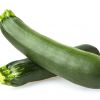


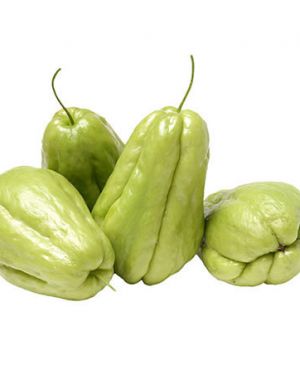
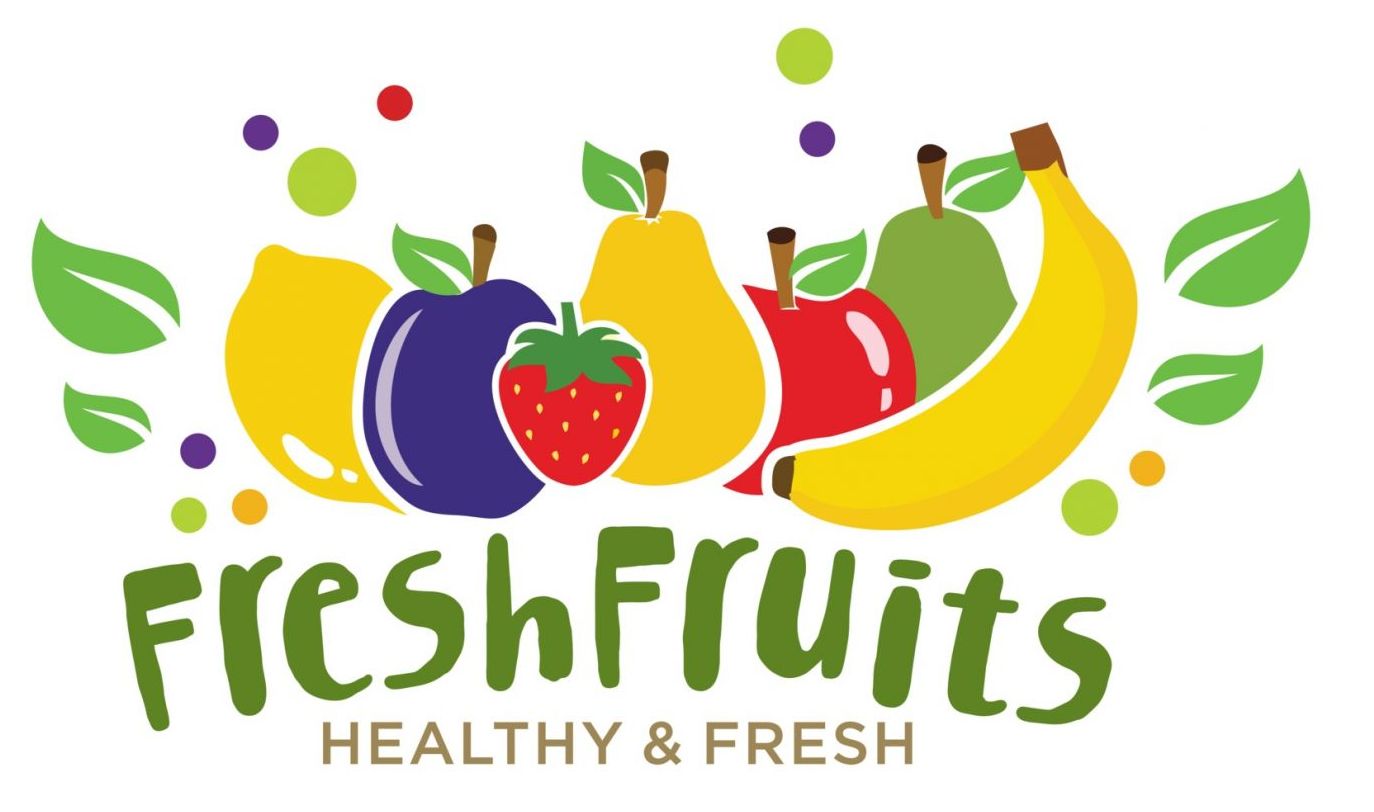
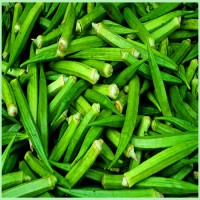

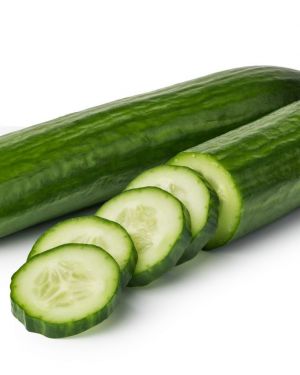

Reviews
There are no reviews yet.